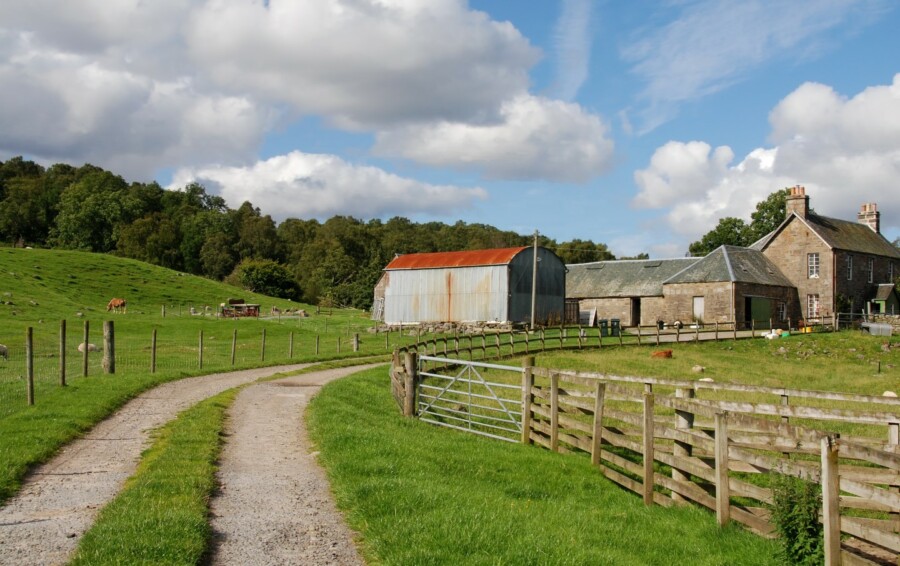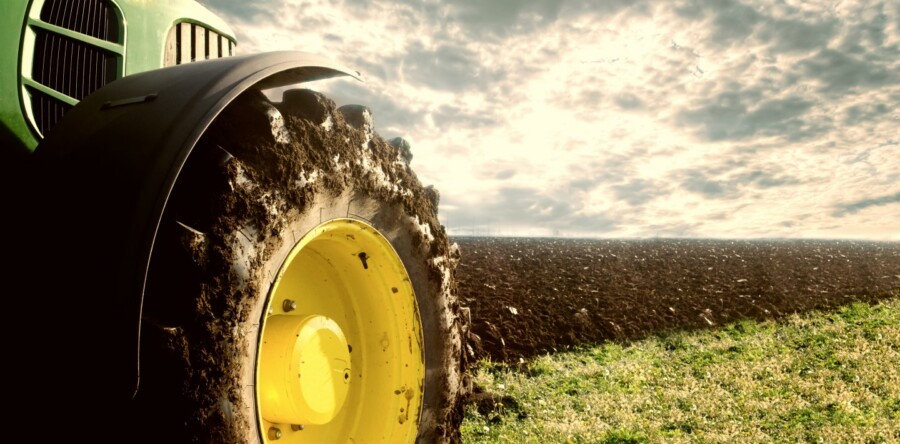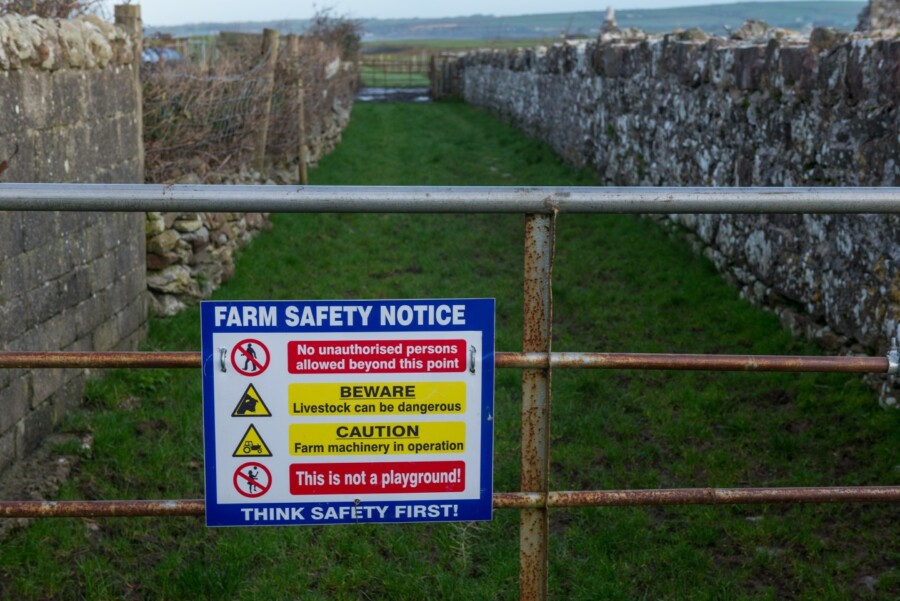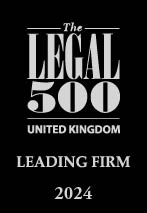Making a horse-riding or equestrian accident claim
Horse-riding is a very popular sport in the UK and an estimated 3 million people (including adults and children) have ridden at least once in the last 12 months and an estimated 1.8 million people are regular riders.
Despite its popularity horse-riding comes with some risks, irrespective of experience. Approximately 3,000 accidents involving horses occur every year. Some of these are unavoidable but others arise as a result of someone else’s negligence. Horse-riding and equestrian accidents can occur in a variety of circumstances and the injuries sustained can be serious and life changing.
If you have sustained a horse related injury that wasn’t your fault you may be able to make an equestrian accident claim.
Types of accidents and common injuries
Horses have their own mind and this adds to the high risk nature of horse-riding and working around horses. There are many reasons why horse-riding and equestrian accidents occur.
Falling as a result of a horse bolting, bucking or rearing is the most common. However accidents can also occur in the following ways:
- rider error
- inadequate supervision or instruction
- faulty or ill fitted tack or other riding equipment
- incorrect fastening of the girth
- being provided with a horse that is not suitable for your level of experience
- being bitten, kicked, stood on or crushed
- riding on an unsuitable surface or
- as a result of a road traffic accident involving a motorised vehicle
Injuries can occur whilst riding or working with horses, as a spectator at a horse-related event or as a road user who has been involved in an accident with a horse.
The types of injuries that can be sustained in horse-riding and equestrian accidents can be wide-ranging. The types of serious injuries that can be suffered include fractures, crush injuries, spinal injuries and brain damage. Sadly some horse related accidents can be fatal.
The law
If you have been injured as a result of a horse-riding or equestrian accident then you may be able to make a personal injury claim if it can be established that a third party has been negligent and that that negligence caused the accident. My colleague, Victoria Oliver, has written an overview of current case law involving equestrian claims.
The purpose of a personal injury claim is to provide compensation to someone who has been injured (whether physically, mentally or both) by the negligence of somebody else such as a horse owner, livery yard manager or employer. It may be that an injury could not have been prevented, however you may still have a claim if you can prove that the injury sustained was likely to have been less serious if reasonable precautions were taken by the person in charge of the horse.
It is possible to pursue a personal injury claim without needing to prove any negligence if you can satisfy the conditions under the Animals Act 1971. Typically these claims will occur if a horse has displayed behaviour or characteristics not normally found in horses and where the keeper of that horse was aware of those behaviours or characteristics. If the criteria are met then there is strict liability: meaning that it is not necessary to prove fault. However, there are a number of exceptions within the Act which may provide a defence. Your solicitor will be able to advise you further in relation to pursuing claims under the Animals Act 1971.
Compensation
If you are successful in making a claim you will receive compensation relating to the financial losses and expenses incurred and for your injuries.
Financial losses and expenses include loss of earnings you have suffered as a consequence of your injuries, travel expenses for attendance at hospital appointments, the cost of treatment relating to your injuries and paid or non-paid care and assistance you have required. In addition a claim can be made for miscellaneous expenses incurred such as damage to clothing. Any financial losses that you will incur in the future will also be included in your claim.
Damages paid to compensate for injuries suffered include physical and psychiatric injury and comprise an award for the pain, suffering and loss of amenity experienced as a result of your accident.
Time limits
If you have been injured in a horse-riding or equestrian accident and want to make a claim for personal injury then you must do so within 3 years of the date of your accident. Court proceedings must be issued ahead of this deadline in order to protect any right to compensation that you may have. Whilst there may be some exceptions to this rule, it is very important to take legal advice at as early a stage as possible. Obtaining witness statements and accident related documentation is always easier closer to the event than a number of years later, as memories can fade and documentation can be lost or destroyed.
What to do next
If you have been involved in a horse-riding or equestrian accident that wasn’t your fault then it is in your best interests to obtain legal advice from an appropriately qualified specialist solicitor who will be able to assess whether or not you are likely to be able to bring a successful personal injury claim.
Charlotte Dowson is a solicitor in the Complex Injuries team at Bolt Burdon Kemp. If you or a loved one has been injured as a result of an accident or sub-standard medical treatment, contact Charlotte free of charge and in confidence on 020 3973 5020 or at charlottedowson@boltburdonkemp.co.uk for specialist legal advice. Alternatively, you can complete this form and one of the solicitors in the Complex Injury team will contact you.









